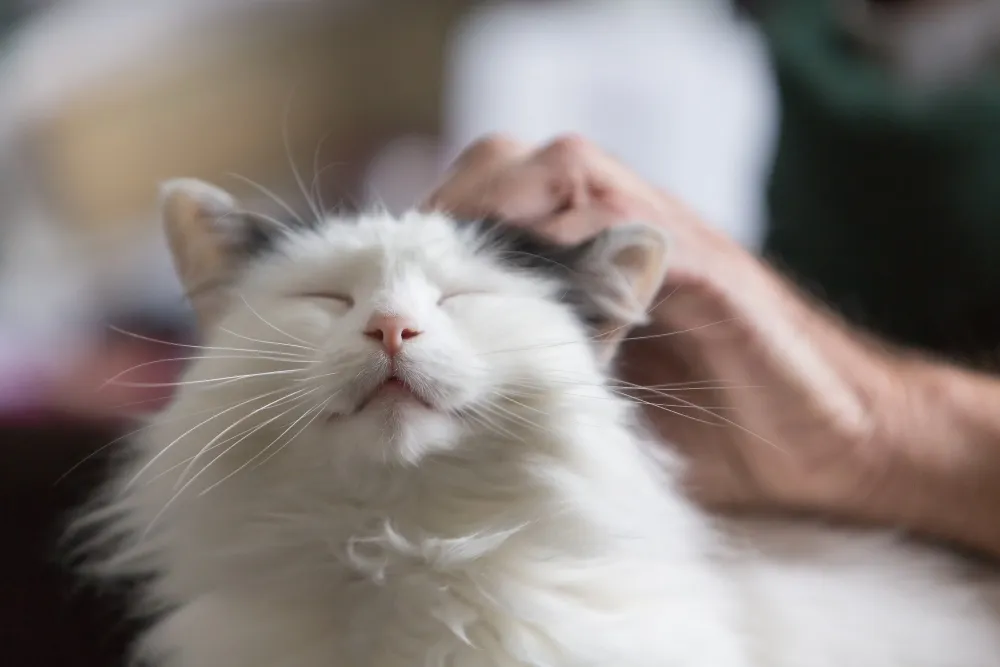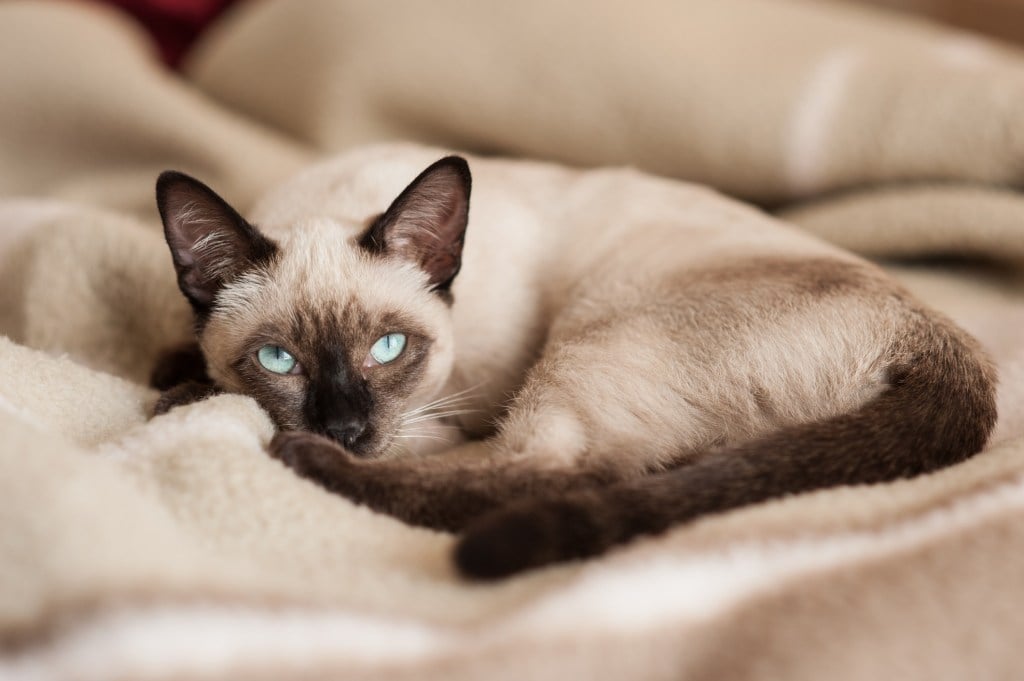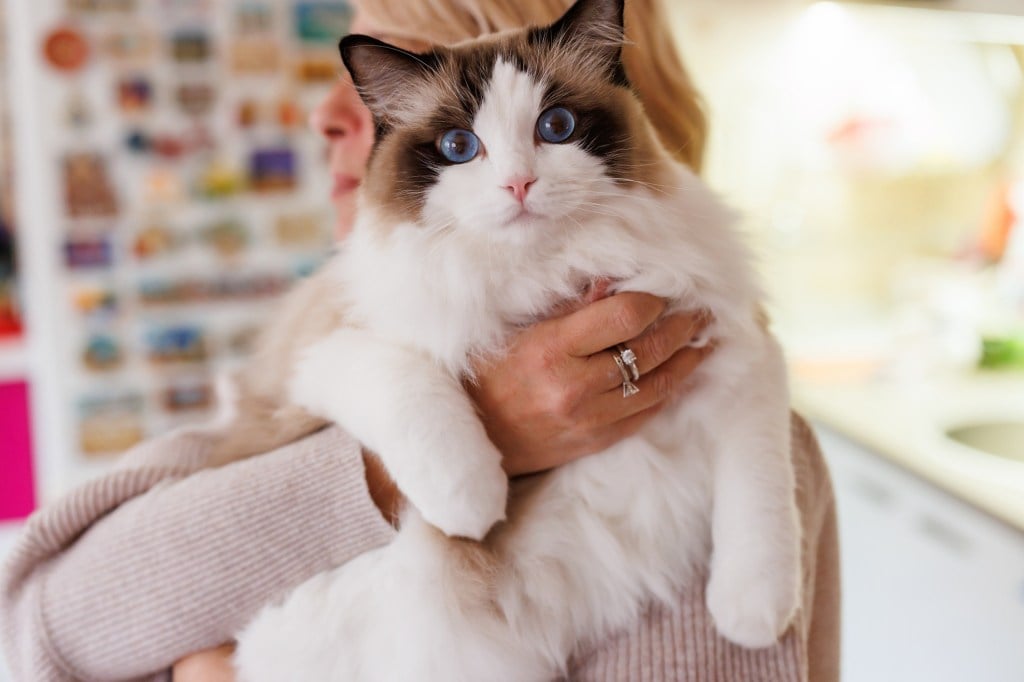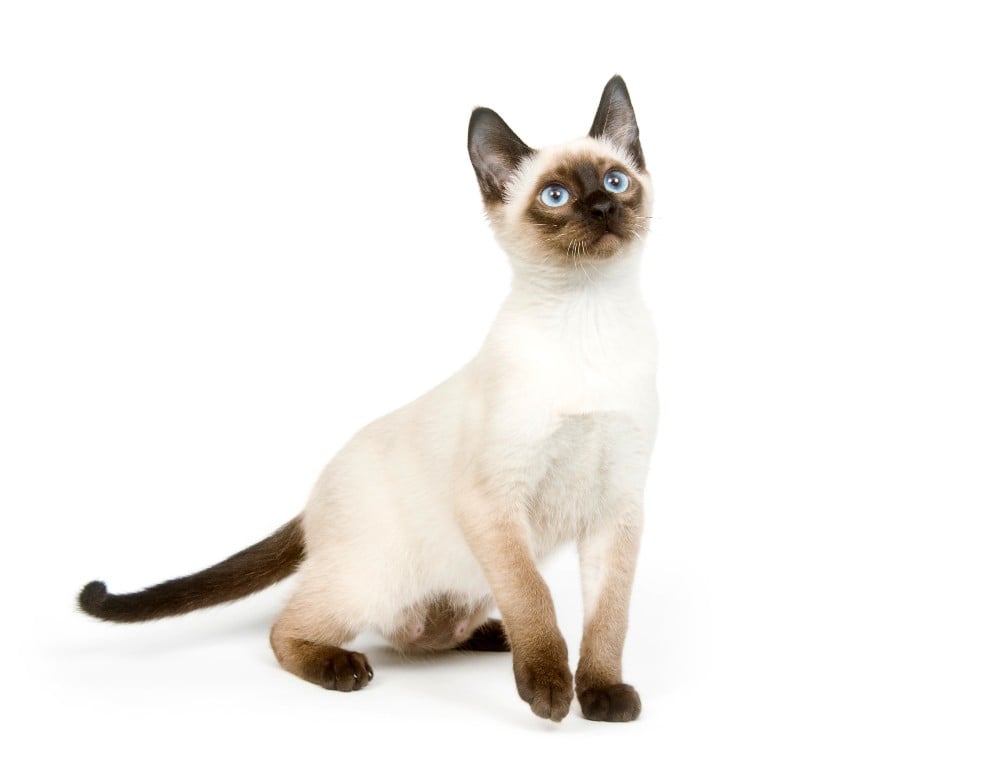Last updated Jan. 10, 2023
Key Takeaways
- Factors to consider before getting a cat are the cat’s age, activity level, grooming requirements, and affection needs.
- There are over 40 different breeds of domestic cats.
- Maine Coons, Ragdolls, and Siamese breeds make good first cats.
- Consider adopting a unique, mixed-breed cat from a local animal shelter.
When you’re ready to welcome your first cat home, you may feel a little uncertain about where to start. Of course, you’ll want to cat-proof your home and make sure you have all the necessary cat supplies, but the most important (and exciting!) part is choosing the cat that will best fit into your home and lifestyle.
When getting a new cat, there are a few factors to consider:
- Age: Do you want a kitten, adult cat, or even a senior?
- Activity level: Some cats are very active and playful while others enjoy a slower pace of life. An active cat may be more fun and entertaining, but could also cause mischief.
- Grooming and maintenance: Are you prepared to spend time regularly grooming your cat or would you prefer one that doesn’t require much grooming?
- Affection: Some cats are loving and may sometimes demand attention from you, while others are independent and self-sufficient.
With over 40 different domestic cat breeds, the options are plentiful. These are some of the best choices for someone looking to get their first cat.
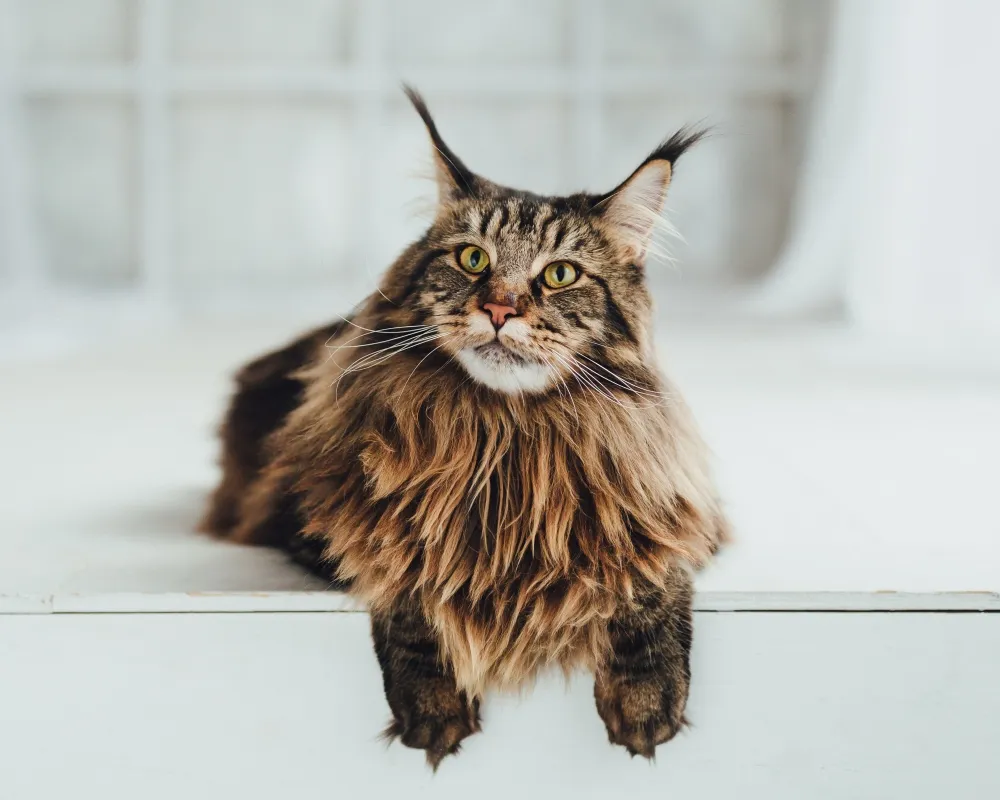
Maine Coon
One of the largest of all the cat breeds, the Maine Coon is affectionate but not overly dependent. He is said to be dog-like, and enjoys following you around the house. This breed gets along with children and other pets and is talkative but not overly loud. Maine Coon cats weigh an average of 9 to 18 pounds and have long hair that needs regular grooming.
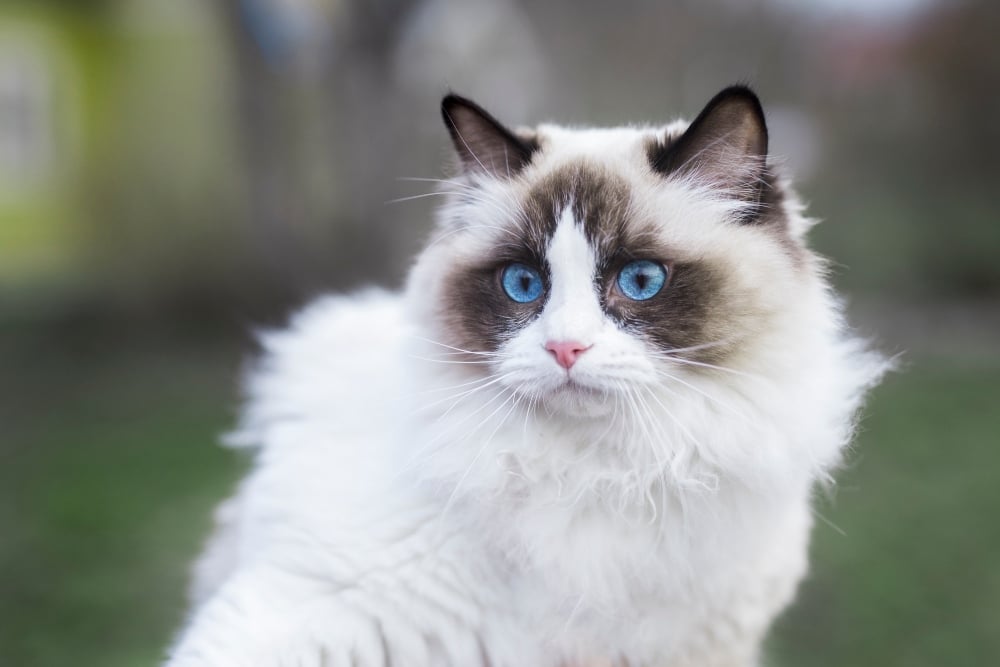
Ragdoll
Ragdolls are cuddly and affectionate cats that enjoy being around their people. Though they are quiet and docile, they also enjoy playtime. Ragdolls are polite and generally kid-friendly. They can weigh up to 20 pounds and have medium-length hair that needs regular combing. This easygoing breed will enjoy lots of cuddle time and affection from their people.

Siamese
This vocal kitty is friendly, affectionate and enjoys being in the company of her people. Siamese cats have lean, slim bodies with an average weight of 6 to 14 pounds. They have short hair which means low-maintenance grooming. She is intelligent and playful, making her easy to train, but can also be demanding of attention.
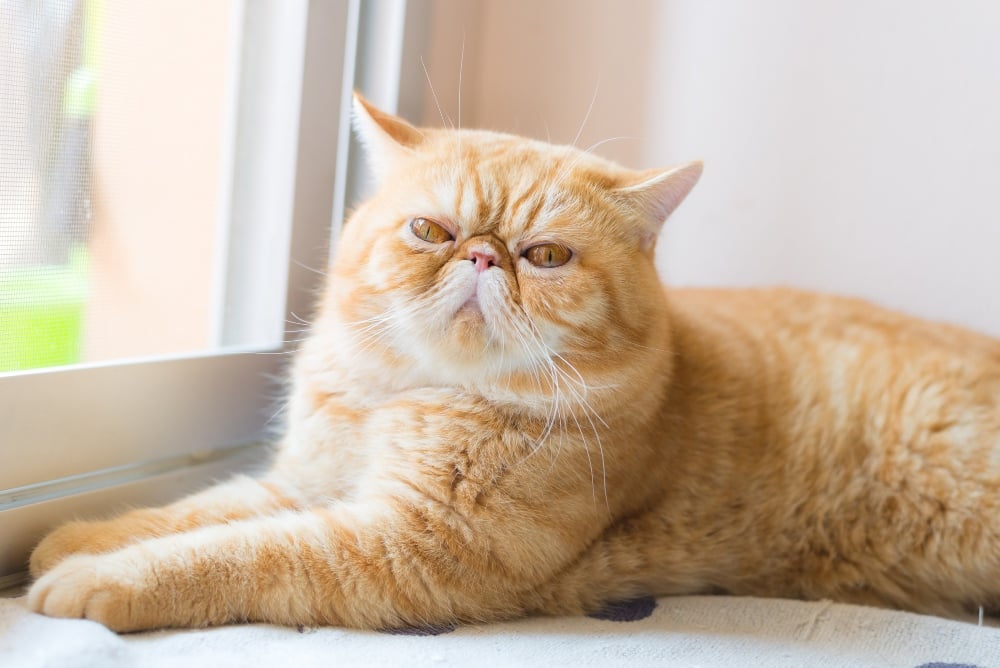
Exotic Shorthair
Exotic Shorthairs are easygoing companions that are loving with their family members but can be a little shy with visitors. This kitty enjoys playing just as much as he likes to cuddle in your lap. He has a soft voice and is easy to groom. This breed is generally pretty low-maintenance due to their short coat and low energy levels, but will still enjoy chasing feather teasers and other toys.
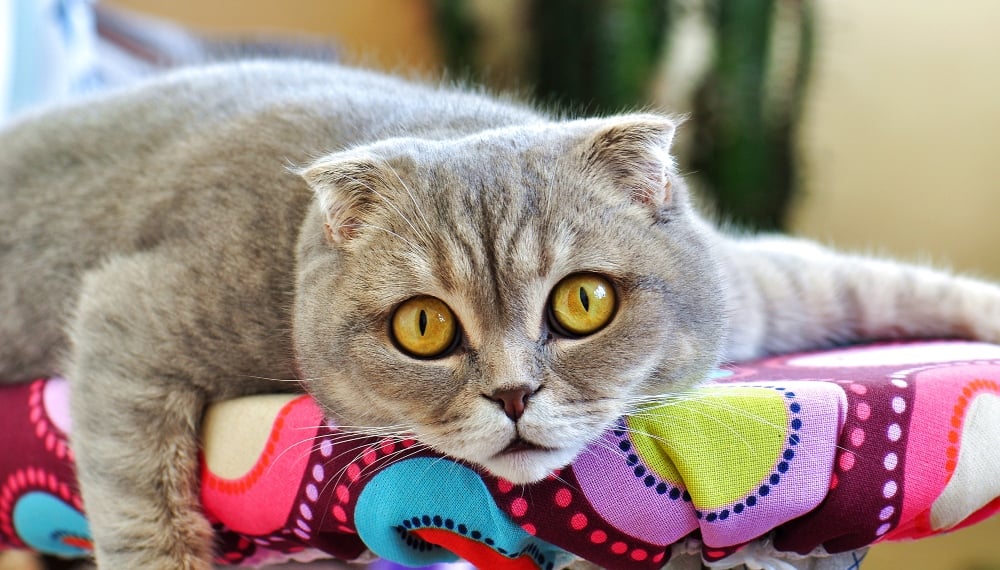
Scottish Fold
This smart kitty has a quirky personality and adorable folded ears. Scottish Fold cats are curious, outgoing, and enjoy following you around the house. This breed is loyal and tends to bond with one person in the household. They tolerate children and are an affectionate breed. This breed is short and stocky, with an average weight of up to 13 pounds. Long-haired Folds should be combed weekly.
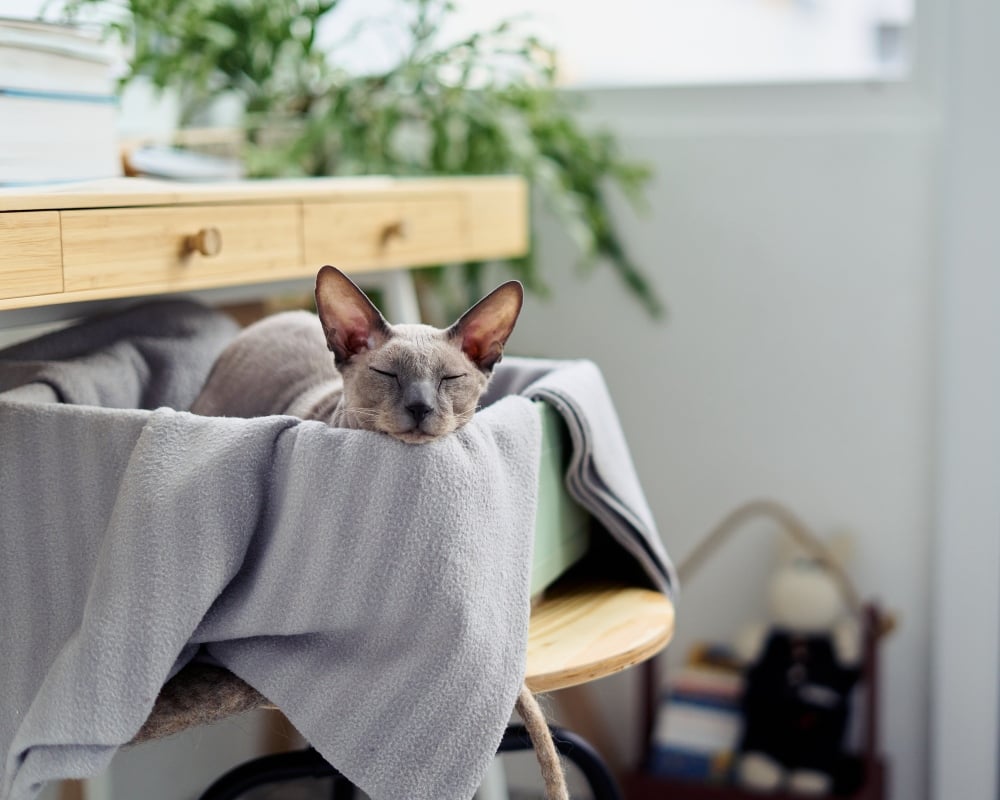
Sphynx
The “nude” Sphynx cat is a very cuddly and affectionate breed. These social butterflies enjoy attention and are quite playful as well. They enjoy being close to their favorite humans and won’t be shy with new people. Though you won’t have to worry about cat hair with a Sphynx, they do need frequent bathing. On average, they weigh up to about 12 pounds with a lifespan of 8 to 14 years.
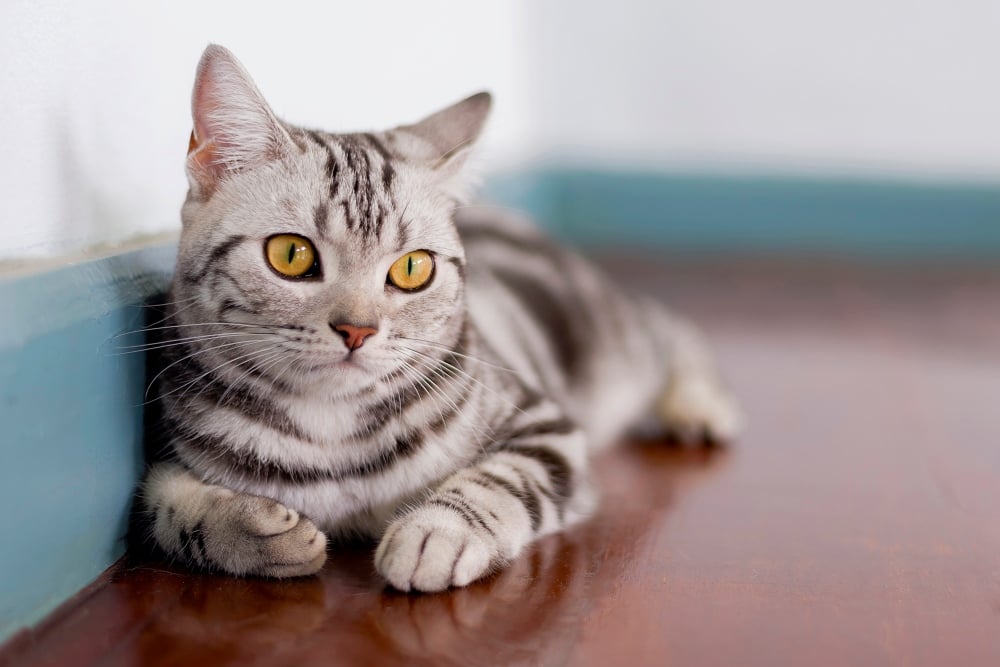
American Shorthair
The companionate American Shorthair is a friendly and social cat. Don’t think he will laze around all day long, because this is a playful and curious breed that enjoys exploring and batting a toy around. They have long lifespans of 15 years or more and weigh 6 to 15 pounds (with males being heavier on average). He tends to tolerate kids and other pets and will enjoy your company without being overly demanding of attention. His short coat requires minimal grooming.
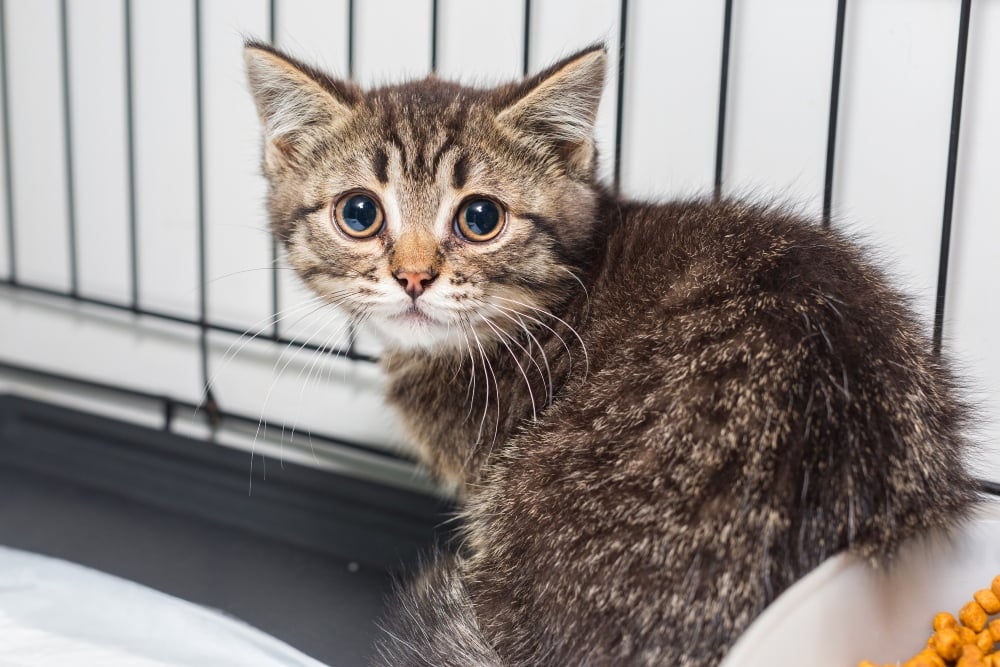
Adult rescue cat
Though not technically a breed, one of our favorite types of cat is “rescued.” Visit your local animal shelters to meet adoptable kitties and ask questions about their personalities. Rescue organizations can tell you what each cat is like and which ones have the traits you’re seeking.
Keep in mind that each individual cat is unique and has its own quirks. For example, not every American Shorthair cat will get along with other pets, and some Sphynx cats may be less playful than others.
Once you’ve decided on your future feline companion, there are a few more considerations of cat parenthood to be aware of.
- Parasite control: Cats are susceptible to fleas, ticks, worms, and other parasites, some of which can also be transmitted to humans. Keep your kitty and your home protected by talking to your vet about parasite preventives.
- Spay/neuter: Millions of homeless animals enter shelters every year, but you can help control the homeless pet population by spaying or neutering your cat and keeping him or her indoors.
- Litter box training: Not all cats will come home with you knowing how to use the litter box; they may require a little help with litter box training.
- Kitty claws: Even with plenty of scratching posts, your cat may need regular nail trims.
When you are ready to get a cat, make sure they are covered from those unexpected illnesses or injuries with no limits on payouts. Get a quote and make sure you’re covered for those cat and kitten mishaps and unpleasant surprises.
